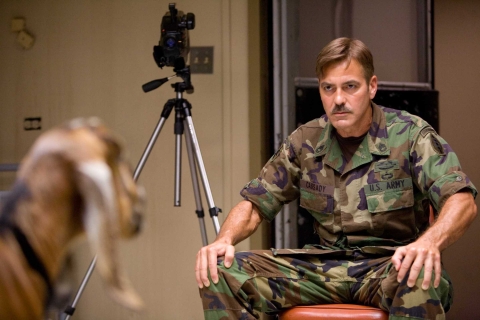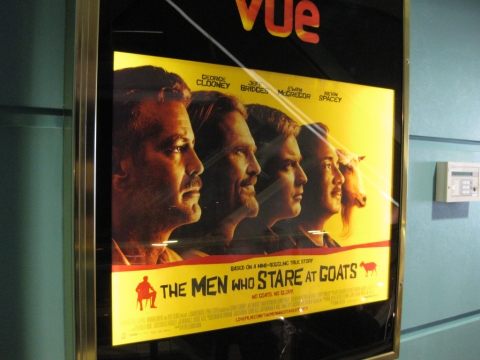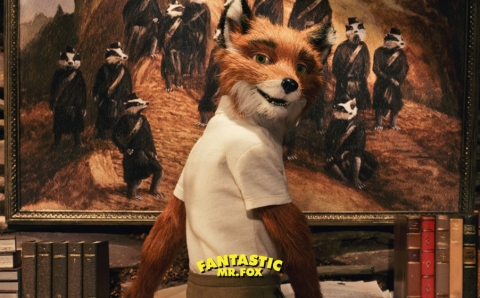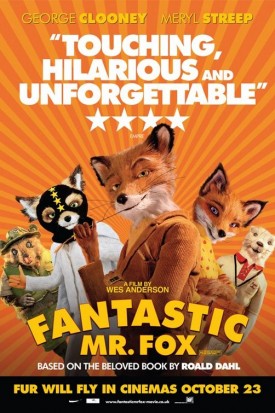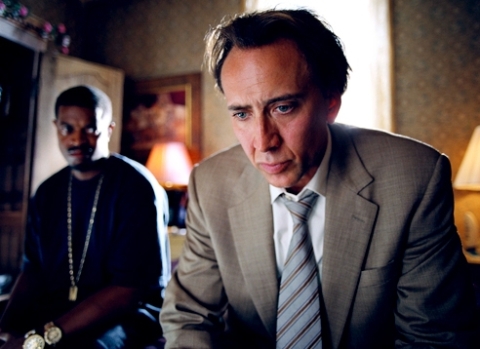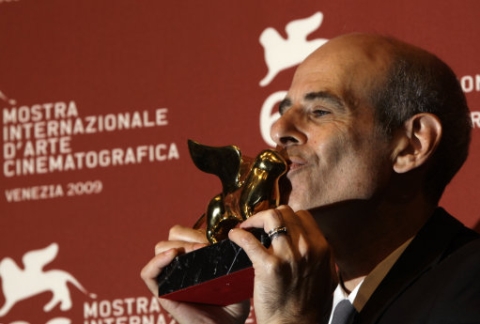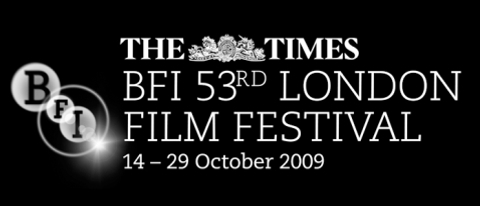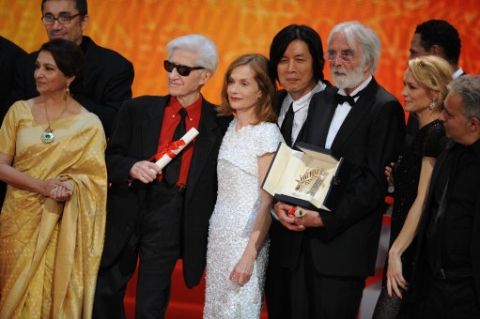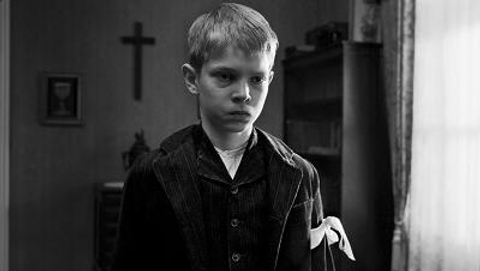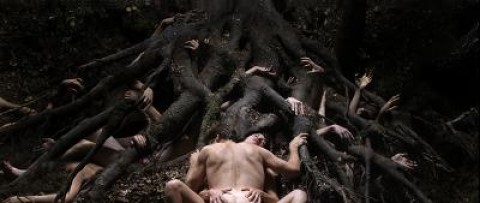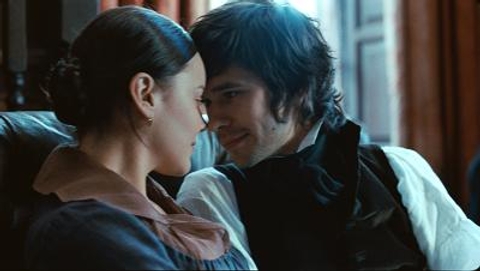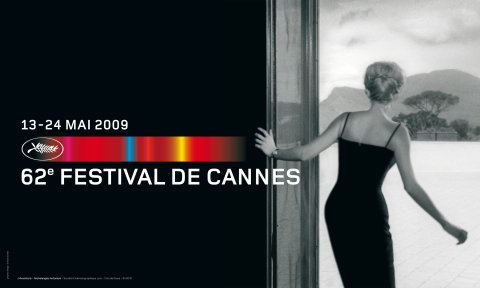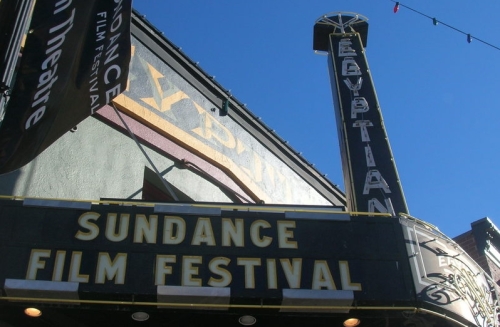Charles Ferguson’s documentary explores the global financial crisis with devastating clarity and paints a deeply troubling picture of the relationship between financial and political elites.
Within the space of just two hours, using interviews, graphics, impressive editing and a sober narration from Matt Damon, Inside Job takes us through the causes of the current economic meltdown.
Beginning with a startling prologue examining how Iceland’s economy was essentially ruined by big finance, it sets up in microcosm the the wider story of how, over a period of 30 years, successive governments have allowed large financial institutions to inflate an economic system until it eventually burst in the autumn of 2008.
Interviewing a variety of experts and policy makers including Nouriel Roubini, George Soros, Eliot Spitzer, Barney Frank and Christine Lagarde it takes us step-by-step through the deregulation of the financial industry under successive presidents from Regan onwards.
We are presented with a non-partisan examination of how Republicans and Democrats were seduced by financial sector: the Reagan-era deregulation of Wall Street, which led to the Savings and loan crisis; the Clinton administration’s numerous mistakes in repealing key laws designed to minimize risk in the financial sector; the lack of regulation under Bush; the rise in derivatives (increasingly complex and dangerous financial ‘innovations’); and finally the Obama administration, which made the mistake of employing Clinton-era officials who were part of the original problem.
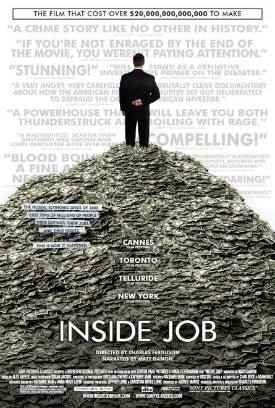 Although a lot of the information presented here has been explored in other books and TV programmes (such as the BBC’s The Love of Money), to see it presented in a single film is both constructive and chilling.
Although a lot of the information presented here has been explored in other books and TV programmes (such as the BBC’s The Love of Money), to see it presented in a single film is both constructive and chilling.
Ferguson himself cross-examines a number of government and private sector officials – though many of the key culprits refused to be interviewed – and his probing questions elicit some revealing requests to stop filming when they appear unexpectedly thrown by certain questions.
One startling aspect of the film is how much academics, supposedly independent from Wall Street banks, are actually paid by them for opinions or even serve on their boards – a clear conflict of interest which several of them appear oblivious to.
Using a sober tone throughout, the narration, interview footage and graphics all collate and explain the financial jargon of CDOs, credit default swaps and the policies which left much of the public scratching their head as they tried to process the full extent of what happened.
But this is more than just an academic primer: featuring widescreen lensing, aerial shots of New York and some appropriate music (the opening credits feature Peter Gabriel’s ‘Big Time’) it is a cinematic experience, which visually reflects the gravity of the subject.
The relentless approach is both appropriate and effective, although it also reveals some ghoulish comedy when exploring the widespread use of cocaine and prostitutes on Wall St and the stuttering angst of interviewees caught out by Ferguson’s well-researched questions.
One of the most damning aspects to arise from Inside Job is the incestuous nature of the relationship between Washington and Wall Street.
The revolving door connecting the political and financial worlds, along with figures such as Henry Paulson, Lawrence Summers and Robert Rubin, has effectively shielded large banks from any effective regulation.
The result of this has been the largest financial crash in history, which almost brought down the whole banking system in 2008 and resulted in millions of people losing their jobs and homes.
The only thing that prevented a full scale collapse was the bailout of the banks at the taxpayers expense.
But this was essentially socialism for the rich, in which the public paid the price for the irresponsible actions of political and financial elites.
Inside Job might appear to be an incendiary title, but it is wholly appropriate: two years on from the averted meltdown, there appears to be no meaningful financial reform and the governments appear to have little taste for prosecuting those who helped cause the crisis.
Partly this is down to the power and influence of the large banks, whose ex-employees litter government and shape policy, as well as pay for political campaigns.
Could the embattled Obama administration, currently suffering because of the economic collapse, find renewed energy in restoring the financial regulations lost over the last thirty years?
Bringing those responsible for the fraud that triggered trillions of dollars in losses would certainly be a vote winner, even if the Wall Street backlash was severe.
That may or may not happen, but in the mean time this documentary is a worthy call to arms: in examining the root causes of the crisis and emphasising the importance of restoring honesty to the global financial system, it is one of the most important films of the year.
Inside Job screened tonight (Oct 27th) and plays tomorrow (October 28th) at the London Film Festival.
It is currently out in the US in limited release and opens in the UK on February 18th February 2011
> Inside Job at the LFF
> Official site
> Detailed press notes for the film (essential reading)
> Reviews of the film at Cannes from MUBi
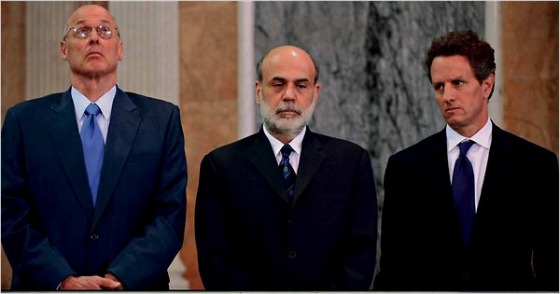
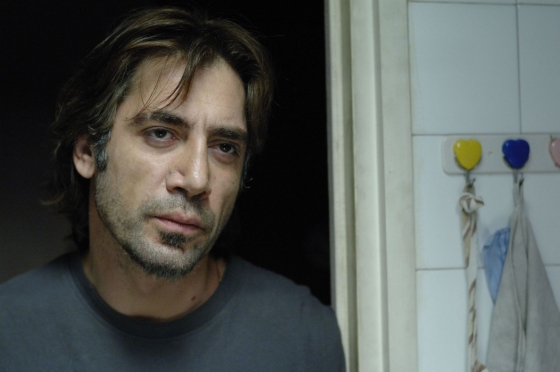
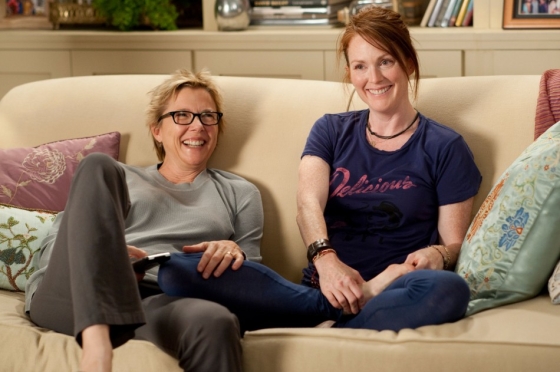
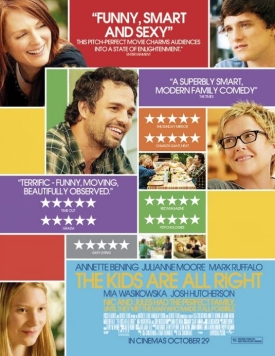
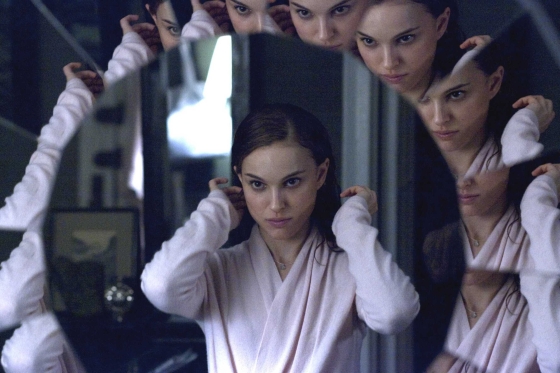
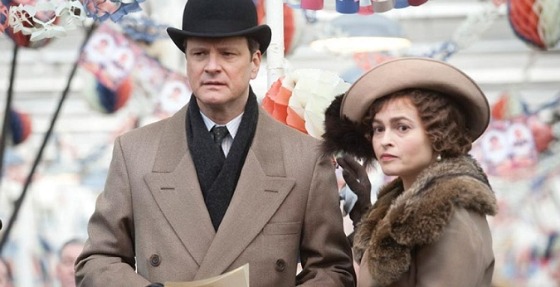
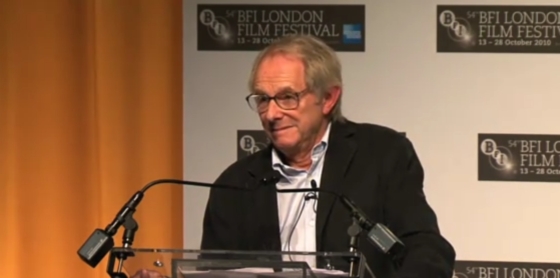
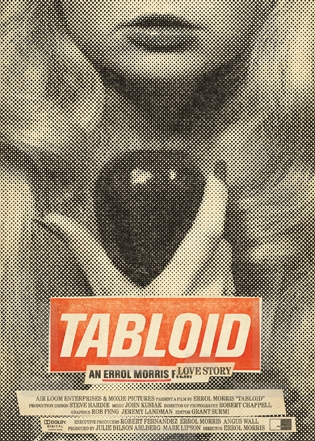
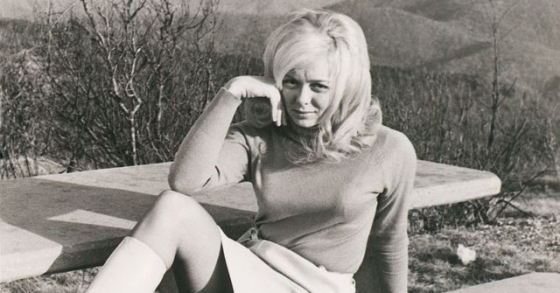
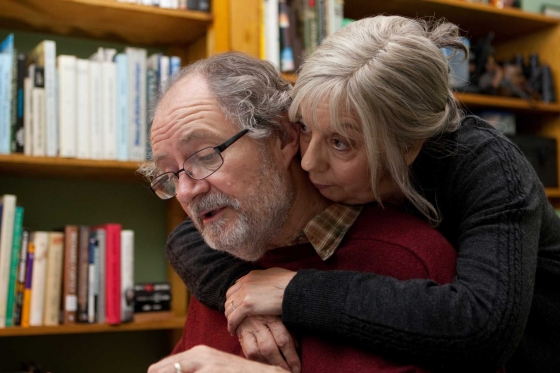
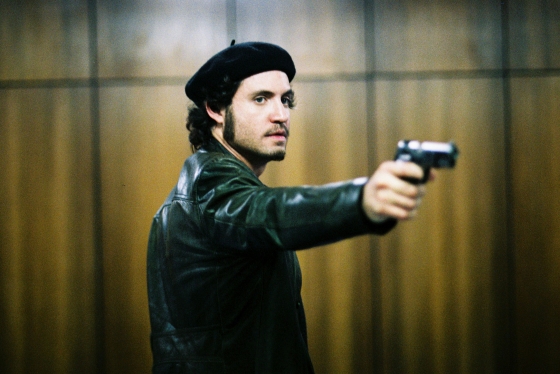
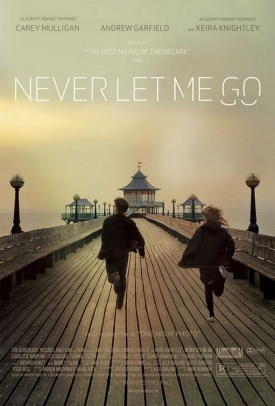
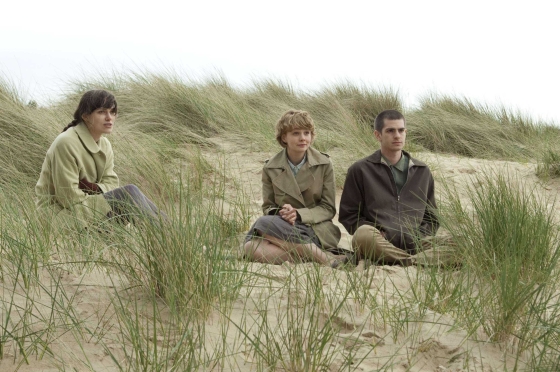

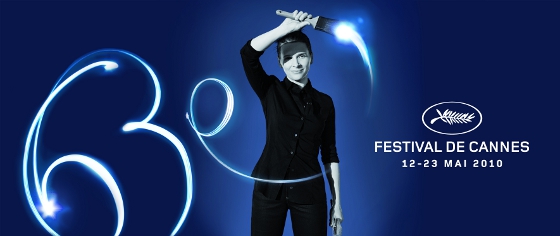
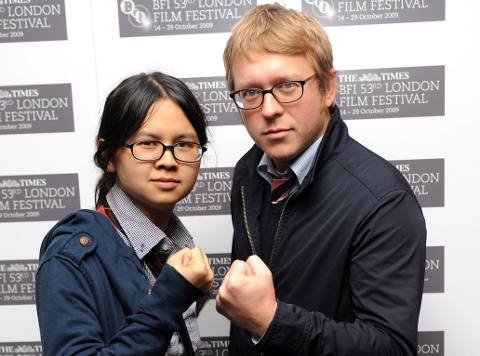
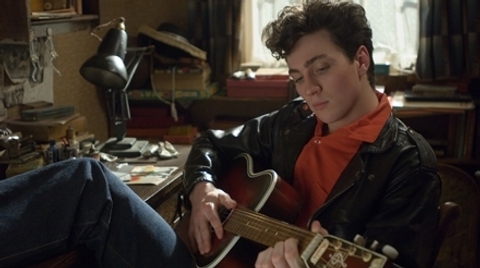
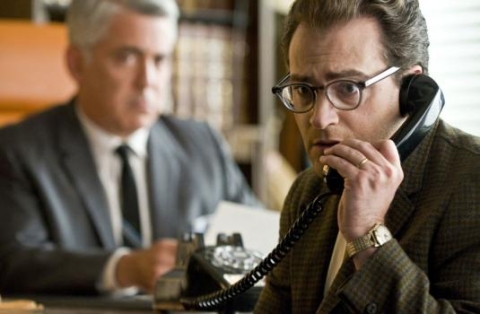
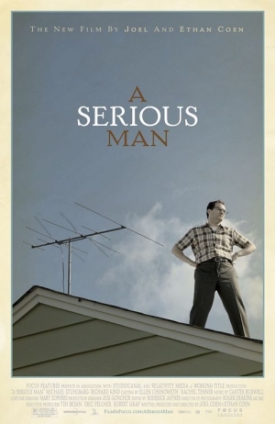
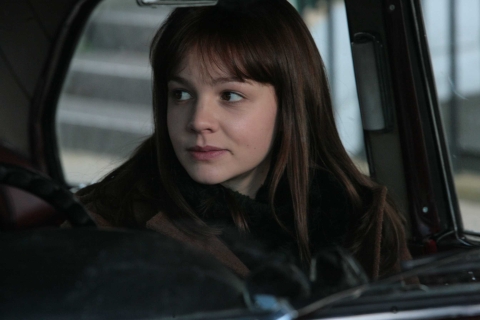

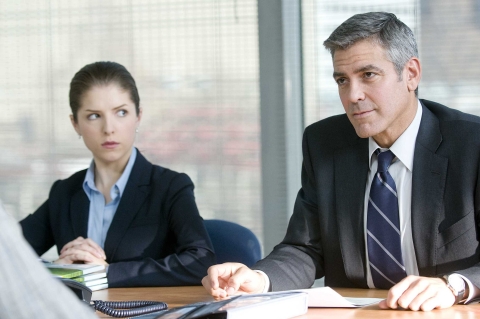
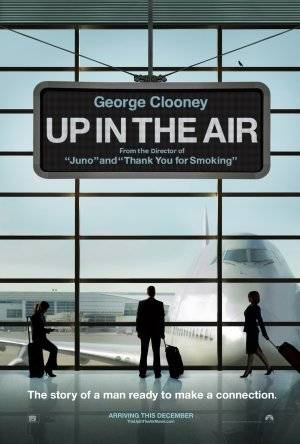 One of the key selling points is George Clooney, a Hollywood star with the charm and wit of a bygone era. Given his commendable passion for doing different kinds of films (some
One of the key selling points is George Clooney, a Hollywood star with the charm and wit of a bygone era. Given his commendable passion for doing different kinds of films (some 
